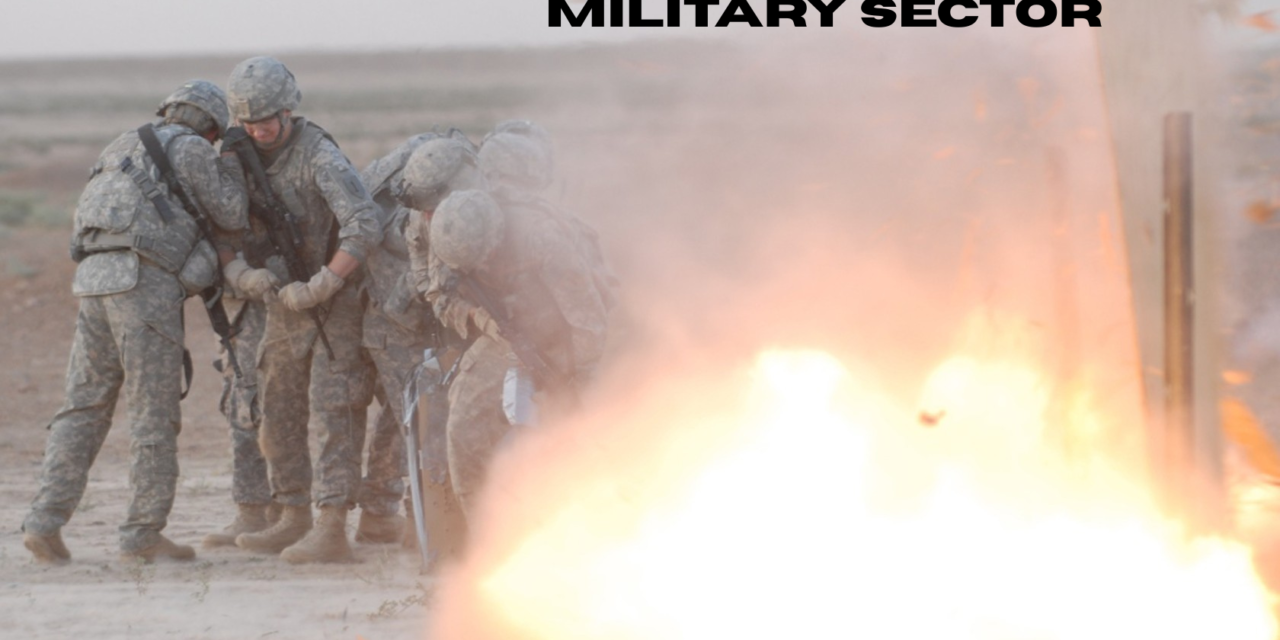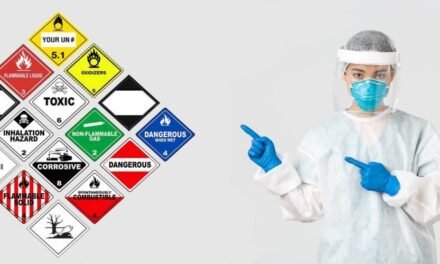Explosives play a critical role in the military sector, providing essential tools for offensive, defensive, and tactical operations. Here are some of the main roles of explosives in the military:
1. Ammunition and Ordnance
- Bombs and Shells: Explosives are used in the manufacture of bombs, artillery shells, and other munitions, which are essential for delivering explosive payloads to targets at long ranges, including both land and naval applications.
- Grenades: Hand grenades, rocket-propelled grenades (RPGs), and other small explosive devices are used by infantry soldiers for close-quarters combat, area denial, and suppression of enemy forces.
2. Demolition and Breaching
- Controlled Demolition: Explosives are used to destroy enemy infrastructure, such as bridges, bunkers, buildings, and communication lines. Military engineers use explosives for tactical demolitions to disrupt enemy operations and prevent the use of strategic assets.
- Breaching Obstacles: Explosives are used to clear obstacles like minefields, fences, or barricades, allowing military forces to advance or retreat through fortified positions. This is critical during tactical maneuvers in combat zones.
3. Landmines and Explosive Devices
- Landmines: Explosives are used in landmines, which are planted on the ground to incapacitate or kill enemy personnel and vehicles. Mines can be activated through pressure, remote detonation, or motion sensors.
- Improvised Explosive Devices (IEDs): IEDs, often used by insurgents or in asymmetrical warfare, are homemade bombs that can be detonated remotely or through pressure, causing significant damage and casualties. Countermeasures are deployed by military forces to detect and neutralize IEDs.
4. Missile Warheads
- Guided Missiles: Explosives are used in missile warheads to deliver destructive payloads to target areas. This includes tactical missiles, cruise missiles, and ballistic missiles, which are powered by propulsion systems but rely on explosive warheads to destroy targets.
- Nuclear Warheads: Some missiles, including intercontinental ballistic missiles (ICBMs), carry nuclear warheads, which are designed to cause massive destruction over large areas. These warheads rely on explosive nuclear reactions to release energy.
5. Naval Warfare
- Naval Bombs and Depth Charges: Explosives are used in bombs, torpedoes, and depth charges in naval operations to target enemy ships, submarines, and installations. Naval mines are also used to restrict enemy movement in strategic waterways.
- Missile Launchers: Explosive warheads in missile systems are used in naval battles for precision strikes against enemy vessels, aircraft, and coastal targets.
6. Tactical and Strategic Attacks
- Airstrikes: Explosives are used in airstrikes by aircraft, delivering bombs, cluster munitions, and precision-guided munitions (PGMs) to neutralize high-value targets, enemy troop concentrations, or strategic infrastructure.
- Artillery Barrages: Heavy artillery uses explosive shells to bombard enemy positions, creating significant damage over wide areas, disabling enemy assets, and supporting ground troop movements.
7. Psychological Warfare
- Shock and Awe: Explosives are used to create massive explosions in enemy territory, aiming to demoralize and intimidate the opposing forces. Large-scale explosions can have psychological effects on both military personnel and civilians in the target area.
8. Training and Simulation
- Explosive Devices for Training: Explosives are used in military training and simulations to teach soldiers how to handle and respond to explosive threats, including controlled explosions to simulate real combat conditions.
9. Counterterrorism and Counterinsurgency
- Neutralizing Explosive Threats: Military forces use explosives for counterterrorism purposes, including disabling IEDs and clearing bombed areas, ensuring the safety of troops and civilians in conflict zones.
- Tactical Explosives in Urban Combat: Explosives are deployed in urban environments to breach doors, walls, and other barriers, facilitating close-quarters combat in confined spaces.
In summary, explosives are a vital component in military operations, playing a role in offensive attacks, defensive measures, logistical support, and tactical responses across various branches of the military, from infantry and artillery to air and naval forces.










